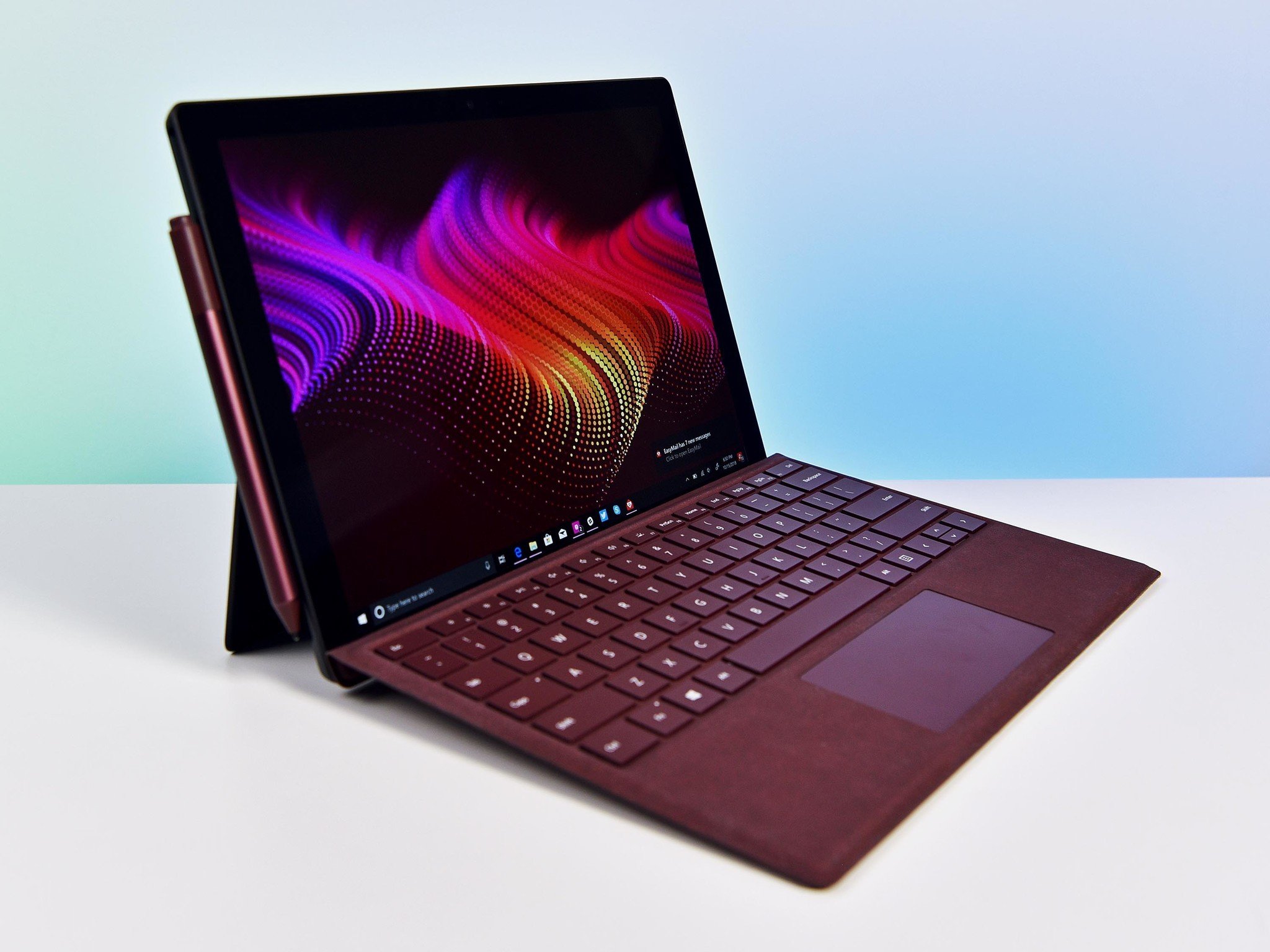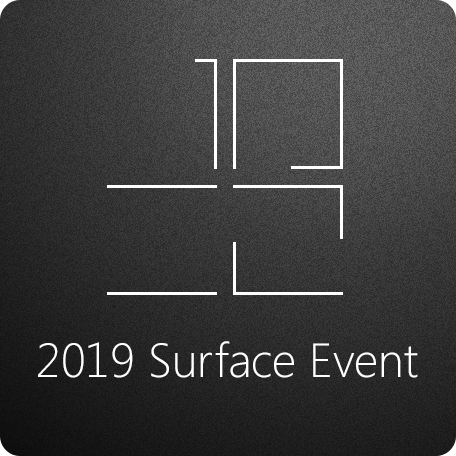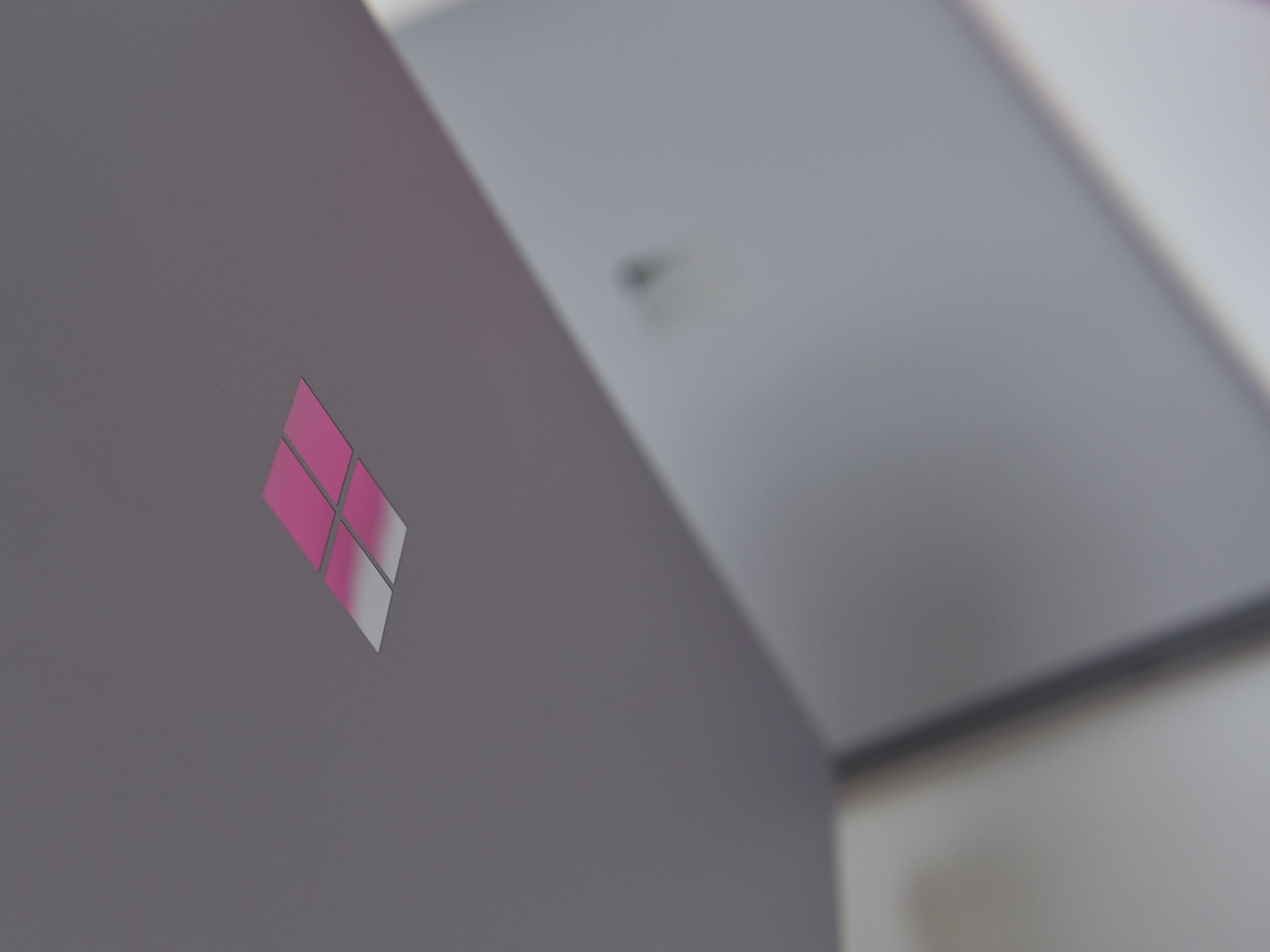Don't trust those 'leaked' Microsoft Surface benchmarks (or any benchmarks)
Benchmarks aren't all they're cracked up to be.

All the latest news, reviews, and guides for Windows and Xbox diehards.
You are now subscribed
Your newsletter sign-up was successful

Ahead of every big device launch, there comes the inevitable speculation on what new hardware and features are on the horizon. Watching the pace of the evolving tech landscape is what makes covering it so much fun, and this annual cycle is very much a part of that.
However, there's one area of the annual refresh hype train in which it's healthy to practice some genuine skepticism: benchmark "leaks."
A tale of two benchmarks
This week, we saw two alleged benchmarks pop up for what are reported to be upcoming Microsoft Surface devices. One is alleged to be for a Surface Go that sports an Intel Core m3 processor, while the other is thought to be either a Surface Pro or Surface Laptop with one of Intel's new "Ice Lake" CPUs.
Benchmarks can be, and have been, faked.
Both are upgrades that would make sense for this refresh cycle. Plus, with this year's Surface event less than a month away, it's not surprising that we might see Geekbench scores starting to trickle out (these scores were dated April and June, respectively). Digging up benchmark scores from Geekbench, however, doesn't necessarily indicate anything concrete.
To put it simply, benchmarks can be, and have been, faked.
This is particularly true in the Android space, but it can be done with PC hardware, too. Even if Geekbench reads directly from a processor for an ID, the data eventually has to pass through a network and application to be reported, which means it's possible for someone who wants to expend the time and effort to manipulate it.
Fakes and mistakes

That might sound like a lot of work for little gain, but it's been done before. Someone in the Android modding community recently faked a benchmark for a Xiaomi "POCO F1 Lite" by running a Geekbench test on a phone that had some system files modified to report a different device ID. I'll save you the dirty details, but XDA Developers has a great rundown of the whole saga, along with some examples of just how easy it is to pull this off.
All the latest news, reviews, and guides for Windows and Xbox diehards.
Benchmark leaks are an exceedingly unreliable indicator of what's coming down the pike.
There's also the complication of reports that might be legitimate but reflect a configuration that never makes it to market. While it's unclear whether this was precisely the case with the new Samsung Galaxy Book S, it was widely rumored that the laptop would ship with a Snapdragon 855 chip based on a "leaked" benchmark. Once the Galaxy Book S was announced, it was revealed to be running on the Snapdragon 8cx platform.
As for why anyone would want to fake a benchmark, it's most likely "for the lulz" and trolling tech blogs, as was the case in the Xiaomi POCO F1 Lite example. What matters is that benchmark leaks are an exceedingly unreliable indicator of what's coming down the pike, and it's worth exercising an abundance of caution when you see reports based on them.
Circling back to Surface, it's certainly possible that a Core m3-based Surface Go is in the works. Likewise, it would make sense for Microsoft to slot Intel's new Ice Lake chips in a new Surface Pro or Surface Laptop. But take any benchmarks you see with a massive grain of salt.
As for me, I'm eagerly awaiting a tease for the rumored dual-screen Surface "Centaurus" ... though I'll beware any leaked benchmarks
All the new Surface hardware we expect to see on October 2 in NYC

Dan Thorp-Lancaster is the former Editor-in-Chief of Windows Central. He began working with Windows Central, Android Central, and iMore as a news writer in 2014 and is obsessed with tech of all sorts. You can follow Dan on Twitter @DthorpL and Instagram @heyitsdtl.
